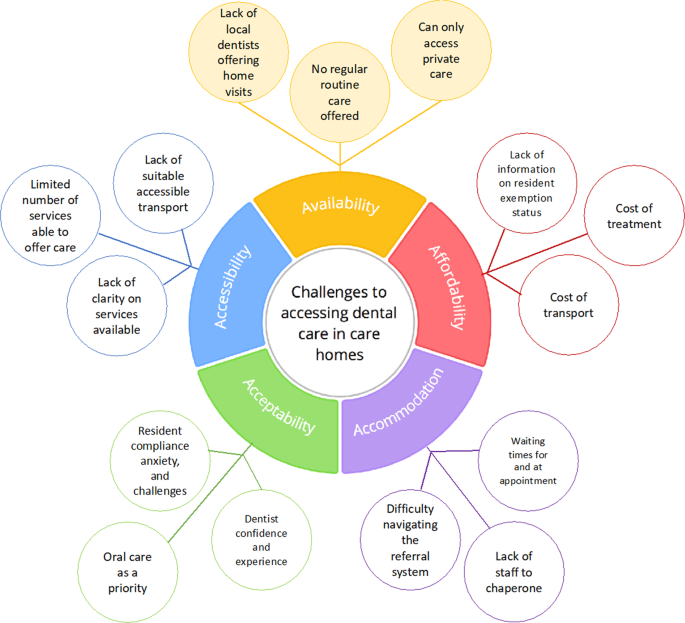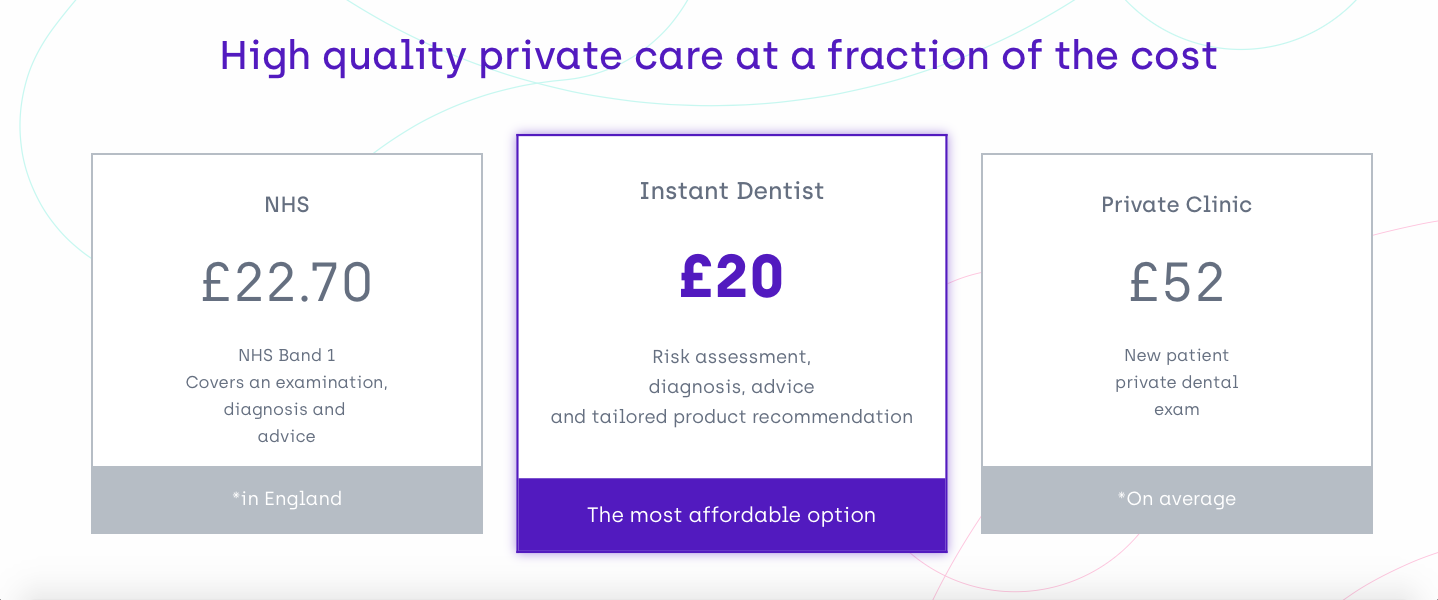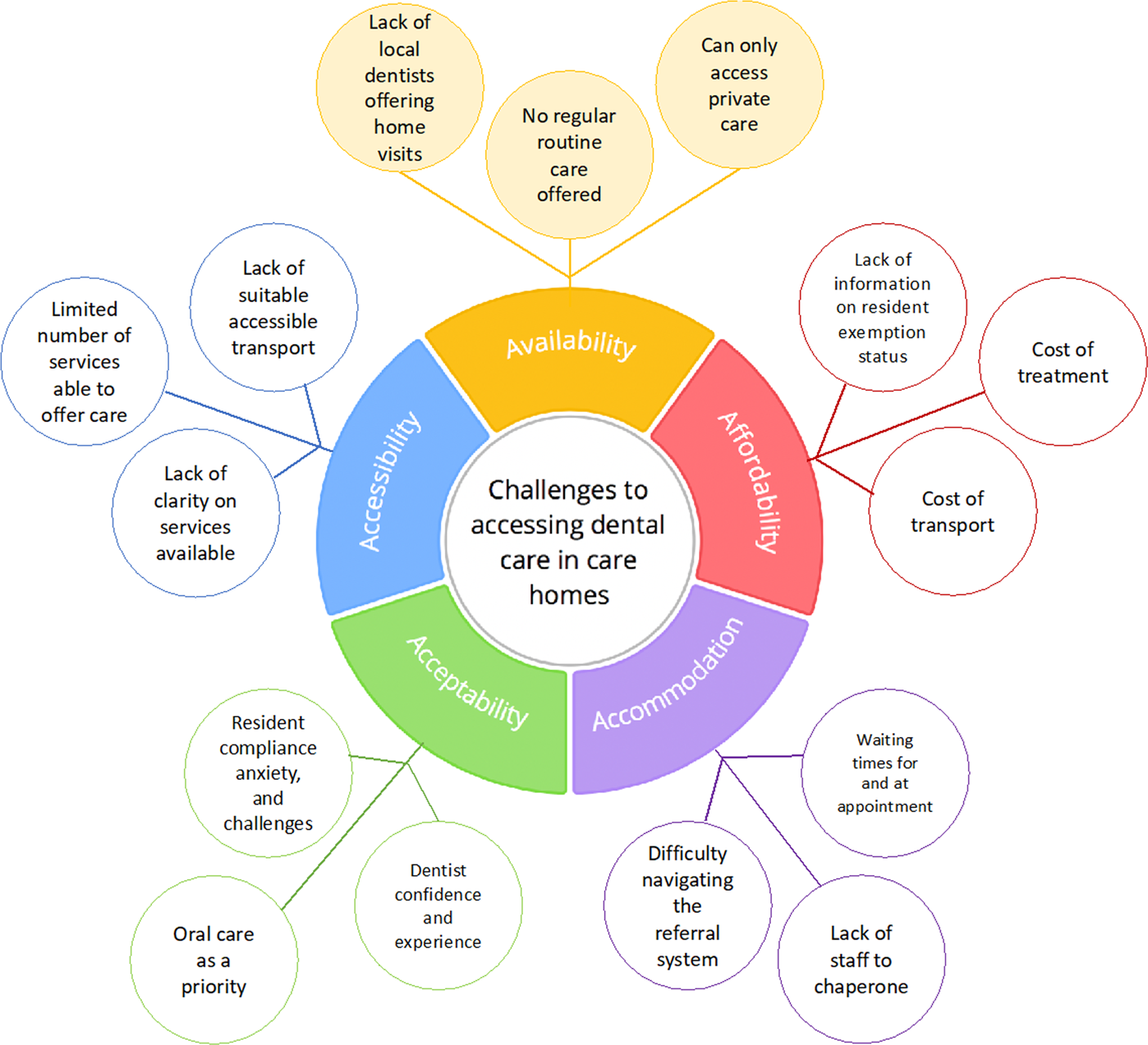NHS dental treatment in the UK requires patients to contribute towards the cost. The charges for NHS dental care vary depending on the specific treatment needed.
Understanding NHS dental charges and getting help with paying for dental care is important. However, there are also options to receive private dental treatment at varying prices. The cost of private dental treatment in the UK can be found on the price lists provided by dental clinics.
It’s essential to check your eligibility for free NHS dental treatment, particularly for pensioners, and find a nearby NHS dentist or hygienist.

Credit: www.birminghamdentalspecialists.com
Understanding Dental Costs In The Nhs Uk
Understanding dental costs in the NHS UK can help patients navigate the payment system for their care. NHS dental charges vary depending on the type of treatment needed, and it is important to be aware of what you may have to contribute towards your care.
Explanation Of Nhs Dental Charges
When it comes to dental costs in the NHS UK, it is important to understand how the charges are calculated. NHS dental charges are categorized into three bands, with each band having a fixed fee. The charges depend on the type of treatment you require, and the band determines the amount you’ll need to pay.
Here are the current NHS dental bands:
| Band | Cost |
|---|---|
| Band 1 | £23.80 |
| Band 2 | £65.20 |
| Band 3 | £282.80 |
Band 1 covers basic examinations, diagnosis, and advice. Band 2 includes treatments such as fillings, extractions, and root canals. Band 3 covers more complex procedures like crowns, bridges, and dentures. The cost may vary if only part of a band’s treatment is required.
Factors Affecting Nhs Dental Costs
The cost of NHS dental treatment can be influenced by several factors. These factors include:
- Location: The area where you receive dental treatment can impact the cost, as prices may vary across different regions.
- Type of treatment: Different procedures have different costs within each band.
- Materials used: The choice of materials for restorations, such as fillings or crowns, can affect the overall cost.
- Additional treatments: If supplementary treatments or examinations are necessary, they may incur additional charges.
Free Nhs Dental Treatment Eligibility
While NHS dental charges exist, some individuals are eligible for free dental treatment under specific circumstances. You may be entitled to free treatment if you:
- Are under 18 years old.
- Are aged 18 and still in full-time education.
- Are pregnant or have given birth within the last 12 months.
- Receive certain benefits, such as Income Support or Universal Credit.
- Have a low income and hold a valid HC2 certificate under the NHS Low Income Scheme.
It’s important to confirm your eligibility for free NHS dental treatment with your dentist or check with NHS services for the most up-to-date information.

Credit: www.nature.com
Affordable Options For Quality Dental Care
If you are looking for affordable dental care in the UK, the NHS offers low-cost dental services that can help you maintain your oral health without breaking the bank. The National Health Service (NHS) provides dental treatments at a subsidized rate, making it accessible to patients from all walks of life. With the NHS, you can receive quality dental care at a fraction of the cost compared to private practices.
Aside from NHS dental services, there are alternative options available for those seeking affordable dental care. These options include:
- Discount dental plans: Many dental insurance companies or organizations offer discount dental plans that allow you to access dental care at a reduced cost. These plans typically have a network of participating dentists who have agreed to provide services at discounted rates.
- Dental schools: Dental schools often have clinics where dental students provide supervised dental treatment at reduced prices. While the treatment is performed by students, there are experienced faculty members who oversee the procedures, ensuring quality care.
- Non-profit dental clinics: Non-profit organizations and charities may operate dental clinics that offer low-cost or free dental care services to individuals in need. These clinics are staffed by volunteer dentists and dental professionals who donate their time and expertise to ensure affordable oral healthcare.
Managing dental costs is essential for individuals looking for affordable options. Here are some tips to help you manage your dental expenses:
- Maintain a good oral hygiene routine: By practicing good oral hygiene, such as brushing twice a day, flossing regularly, and using mouthwash, you can prevent dental problems and reduce the need for extensive dental treatments.
- Schedule regular dental check-ups: Regular dental check-ups can help identify and address any oral health issues early on, preventing them from turning into more expensive problems later.
- Consider dental insurance: Dental insurance plans can help cover the cost of routine dental check-ups, cleanings, and treatments, reducing your out-of-pocket expenses.
- Ask about payment plans: Many dental practices offer flexible payment plans that allow you to spread out the cost of treatment over time, making it more manageable for your budget.
- Discuss treatment options and costs with your dentist: Openly communicating with your dentist about your financial concerns can help them recommend treatment options that fit your budget while still providing the necessary dental care.
In conclusion, accessing low-cost NHS dental services, exploring alternative options for affordable dental care, and implementing smart strategies for managing dental costs can help you receive quality dental treatment without straining your finances. Remember, prioritizing your oral health is essential for overall well-being, and with the available affordable options, you can achieve a healthy smile without breaking the bank.
Comparing Nhs And Private Dental Costs
Comparing NHS and private dental costs in the UK, NHS patients are required to pay a contribution towards their dental care, while private dental prices vary depending on the treatment. Understanding the differences in cost can help individuals make informed decisions about their dental treatment options.
Comparison Of Nhs And Private Dental Charges
In the UK, dental care is available through both the National Health Service (NHS) and private dental practices. It is important to understand the differences between the two options, particularly when it comes to the cost of treatment.
NHS dental charges are set by the government and are intended to be affordable for everyone. The NHS offers three standardized pricing bands for dental treatment, with the cost varying depending on the complexity and type of treatment required. The current NHS dental charges range from £22.70 to £269.30, with the majority of treatments falling into the lower cost bands.
On the other hand, private dental costs are determined by the individual dental practice. Private dental care tends to offer more extensive treatment options and personalized care, but these additional services come at a higher price. Private dental charges can vary significantly depending on the location, expertise of the dentist, and the complexity of the treatment.
Factors Influencing Private Dental Costs
The cost of private dental care is influenced by various factors. These factors include:
- The location of the dental practice: Dental practices located in major cities or affluent areas may have higher operating costs, which can result in higher fees for their services.
- The qualifications and experience of the dentist: Dentists with advanced qualifications or specialized training may charge higher fees for their expertise.
- The complexity of the treatment: Complicated procedures such as dental implants or orthodontic treatments may require additional time, resources, and expertise, resulting in higher costs.
- The materials used: Private dental practices often use high-quality materials and advanced technologies, which can increase the overall cost of treatment.
Considerations When Choosing Between Nhs And Private Dental Care
When deciding between NHS and private dental care, it is essential to consider the following factors:
- Your budget: Consider your financial situation and determine which type of dental care aligns with your budgetary constraints.
- The complexity of your dental needs: If you require specialized treatment or complex procedures, private dental care may provide more comprehensive options.
- Your personal preferences: Some individuals may prefer the personalized care and additional services offered by private dental practices.
- Accessibility: Evaluate the availability of NHS dentists in your area, as private practices may be more readily accessible.
- Insurance coverage: Check whether your dental insurance covers private dental treatment, as it can help mitigate the cost.
Ultimately, the choice between NHS and private dental care depends on your individual needs, preferences, and financial circumstances. It is recommended to discuss your options with a dental professional to determine the most suitable approach for your oral health.

Credit: www.instant-dentist.com
Frequently Asked Questions Of Dental Costs Nhs Uk
What Are The New Nhs Dental Charges For 2023?
The new NHS dental charges for 2023 vary depending on the treatment you need. There are three standard charges, and the cost will vary accordingly.
Do Nhs Patients Pay For Dental?
NHS patients need to pay a contribution for dental services. You may have to pay for NHS dental treatment, and the cost will vary depending on the specific treatment you require.
What Is The Most Nhs Dentist Can Charge You?
The most a NHS dentist can charge you will depend on the type of dental treatment you require. There are three standard charges for NHS dental treatment, and the cost varies accordingly.
How Much Does It Cost To Have A Tooth Out On The Nhs?
The cost of having a tooth extracted on the NHS can vary depending on the specific treatment needed. NHS dental charges are set in bands, with prices ranging from £23. 80 to £269. 30. Prices may be lower for children and individuals receiving certain benefits.
Conclusion
Understanding the dental costs in the NHS UK can help individuals plan and budget for their dental care. While NHS patients do have to contribute towards the cost of their treatment, the charges vary depending on the type of treatment needed.
It is important to be aware of the dental bands and what is included in each band. Additionally, there are options available for individuals who may need help with paying for their dental care. By staying informed and utilizing resources, individuals can navigate the NHS dental system effectively.

